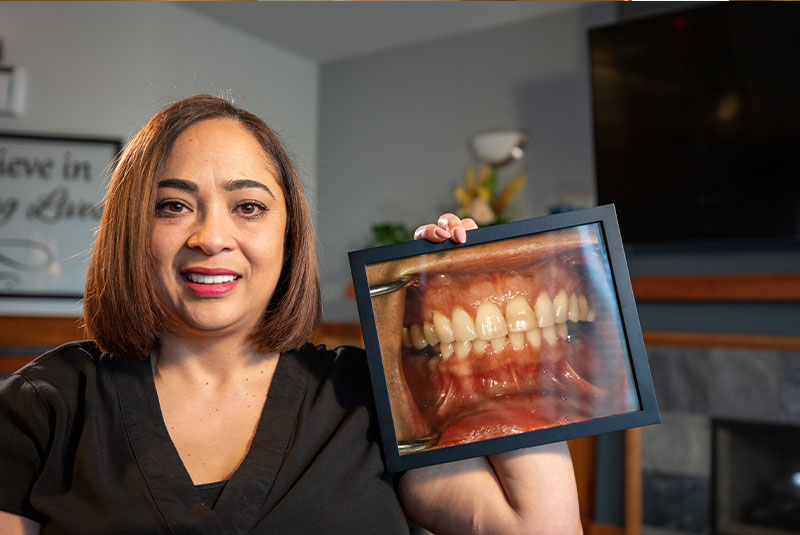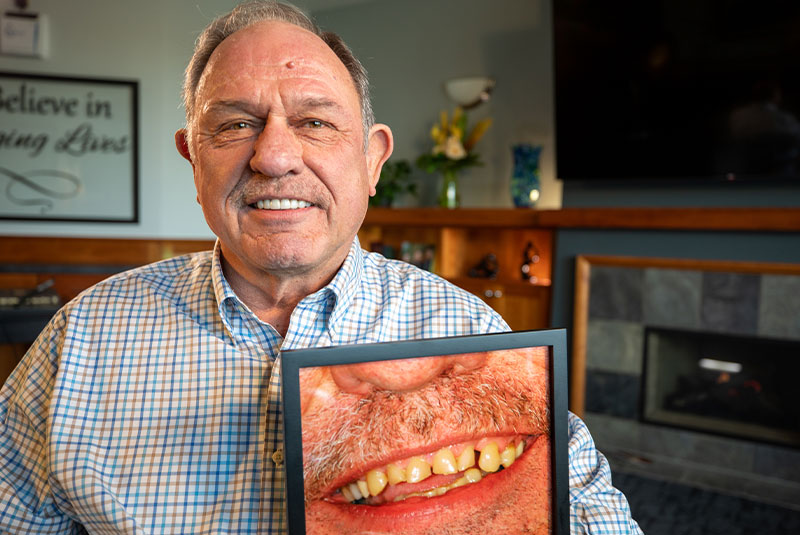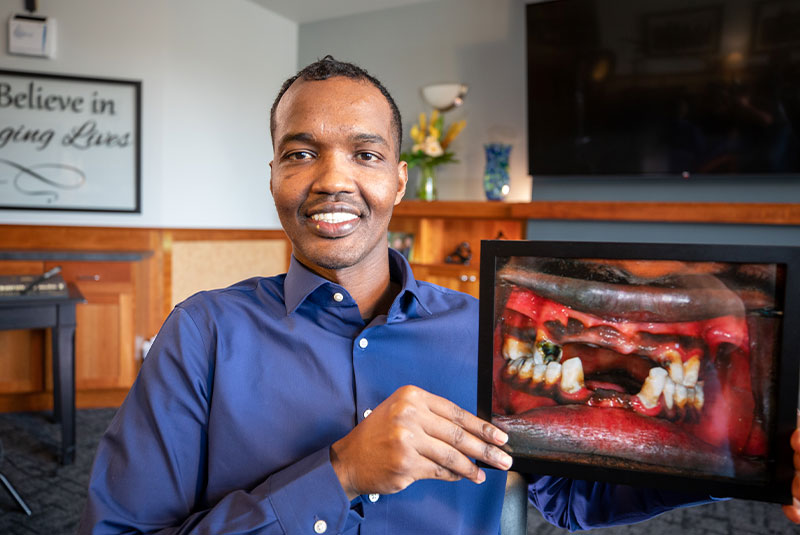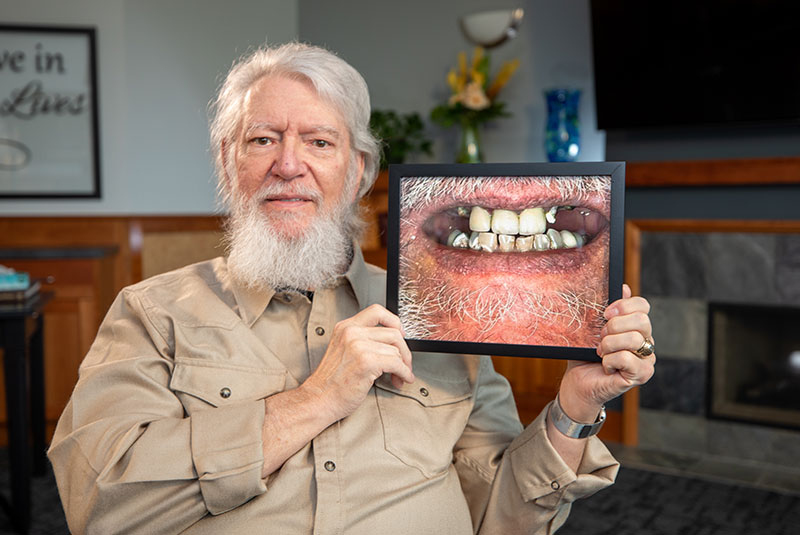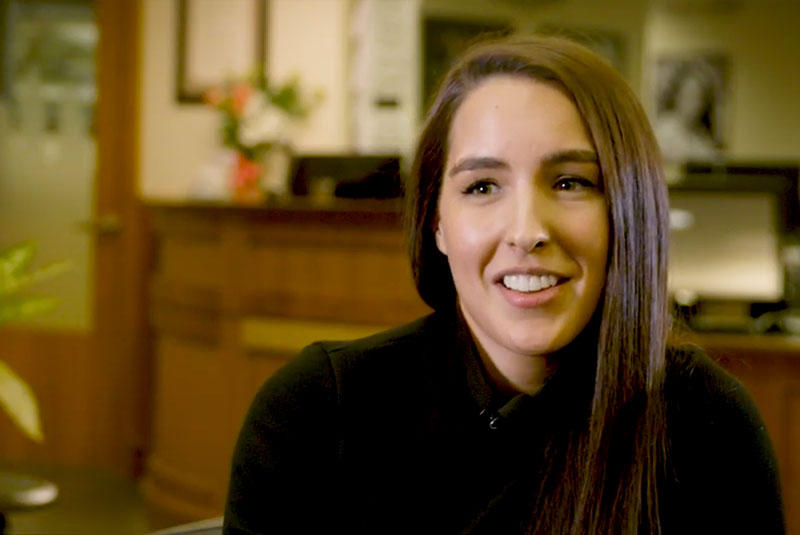Here’s a parenting question that sneaks up fast: pediatric dentist—when should I start taking my kids to the dentist? The short answer is earlier than most people think. Those first visits set healthy habits, build comfort, and help prevent little problems from becoming big ones.
The First Visit: Age One (or First Tooth)
Professional guidance is clear: schedule the first visit by your child’s first birthday, or within six months of the first tooth erupting. A pediatric dentist checks growth, reviews feeding and brushing routines, and applies fluoride varnish if needed. Early visits also desensitize little ones to the sights and sounds of dental care.
What Happens During Early Appointments
Expect a simple, gentle exam. Your pediatric dentist will look for early decay, tongue-tie concerns, eruption patterns, and any soft-tissue issues. You’ll get hands-on brushing guidance, diet coaching, and tips to ease teething or thumb-sucking. Appointments are short, calm, and positive—stickers and high-fives included.
Why Start So Early?
Baby teeth hold space for adult teeth, guide speech, and let kids chew comfortably. Cavities can spread quickly in small mouths and may affect permanent buds underneath. Early checks make prevention easier and keep treatment simple, usually with fluoride, sealants (when age-appropriate), and habit coaching.
Home Care by Age and Stage
-
Infant: Wipe gums with a clean cloth; once teeth appear, brush with a rice-sized smear of fluoride toothpaste twice daily.
-
Toddler: Move to a pea-sized dot of paste by age three; brush together morning and night.
-
School-age: Teach flossing tools and let kids “finish” after you—team brushing works.
-
Tweens/teens: Sports mouthguards, braces-friendly hygiene, and snack strategies become key.
Habits that Help (and a Few to Tame)
Sippy cups filled with juice, frequent snacking, and sticky treats raise cavity risk. Water between meals and balanced snacks—cheese, nuts, crunchy veggies—support enamel. For thumb-sucking or pacifiers, most kids outgrow the habit naturally by ages 3–4; if not, your pediatric dentist has gentle strategies.
Dental Emergencies and Kids
Bumps happen. If a permanent tooth is knocked out, pick it up by the crown (not the root), gently rinse, and try to reinsert—or place it in milk and call immediately. For baby teeth, don’t reinsert; call for instructions. Keep a small kit with gauze, a clean container, and dentist contact info.
Benefits (Supported by Professional Sources)
-
Age-one dental visit: Linked with fewer cavities and lower costs over time. (American Academy of Pediatric Dentistry)
-
Fluoride varnish and sealants: Proven to reduce decay in children at elevated risk. (Centers for Disease Control and Prevention)
-
Mouthguards: Help prevent sports-related dental injuries. (Dental trauma and sports dentistry guidelines)
Easing Anxiety—For Kids and Parents
Choose morning visits, bring a favorite toy, and practice “open wide” at home. Read picture books about dentist visits to make things familiar. Your pediatric dentist uses small steps, praise, and tell-show-do techniques to keep appointments comfortable.
Final Thoughts for Growing Smiles
Pediatric dentist—when should I start taking my kids to the dentist? Start by age one, then keep a steady rhythm of preventive visits. Early care builds strong habits, calmer appointments, and healthy smiles that last.
Ready to schedule your child’s first visit? Call New Smiles at (503)-907-6193 in Sherwood, OR to Book an Appointment with a friendly team that makes kids feel right at home.






